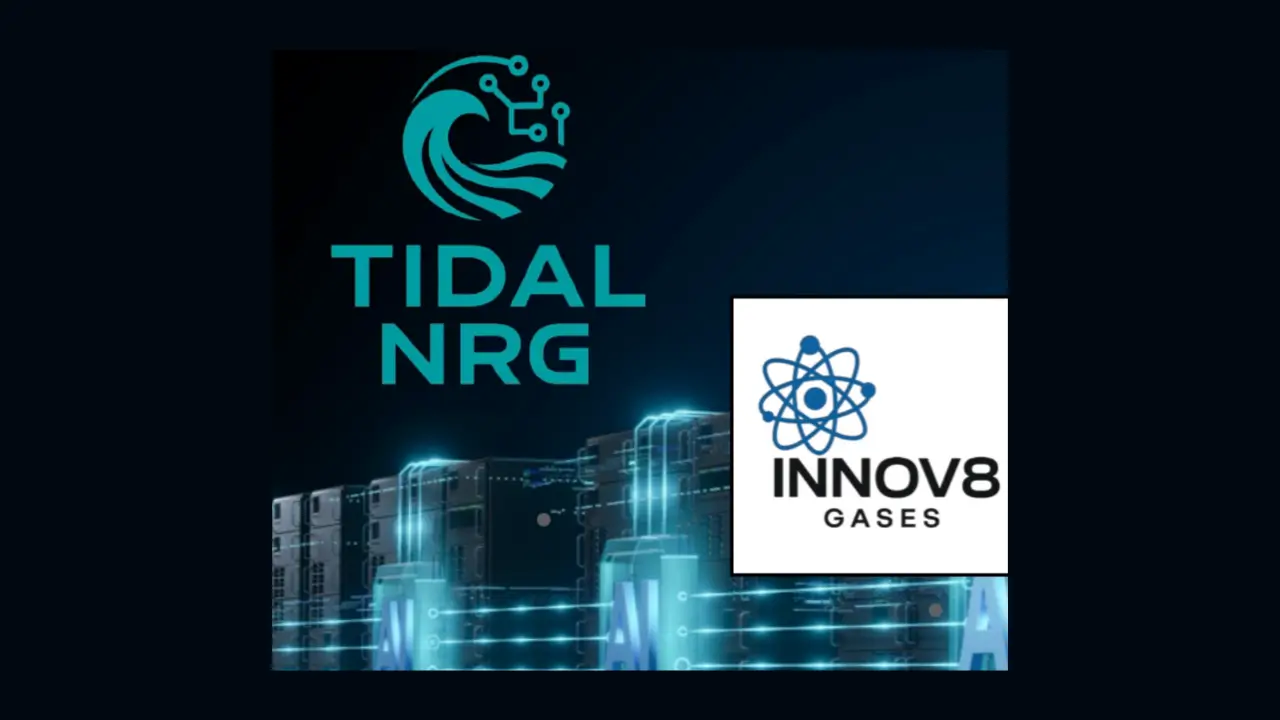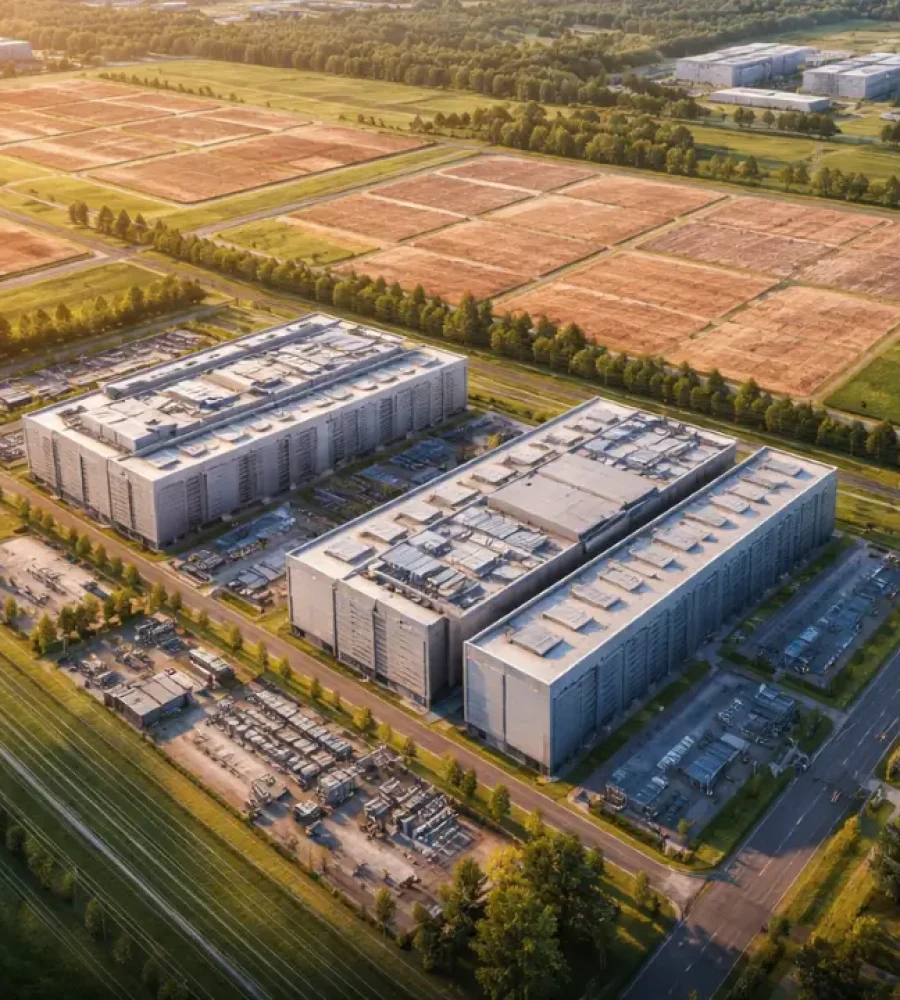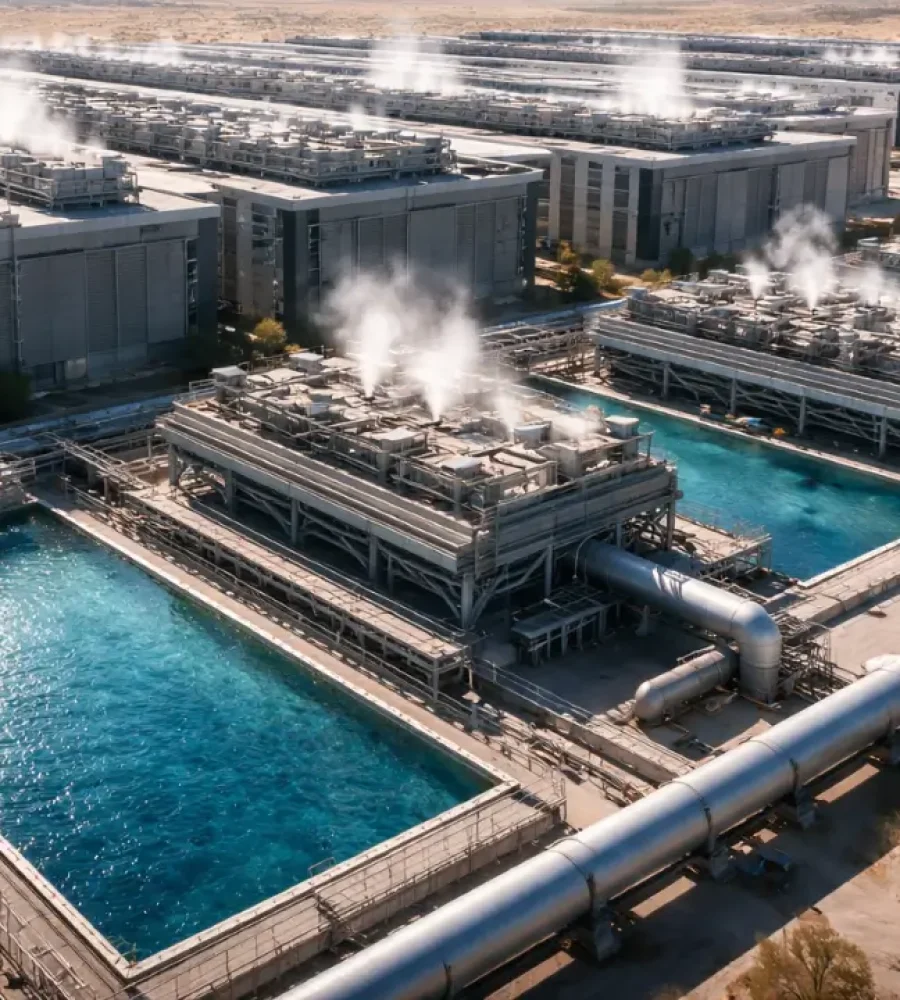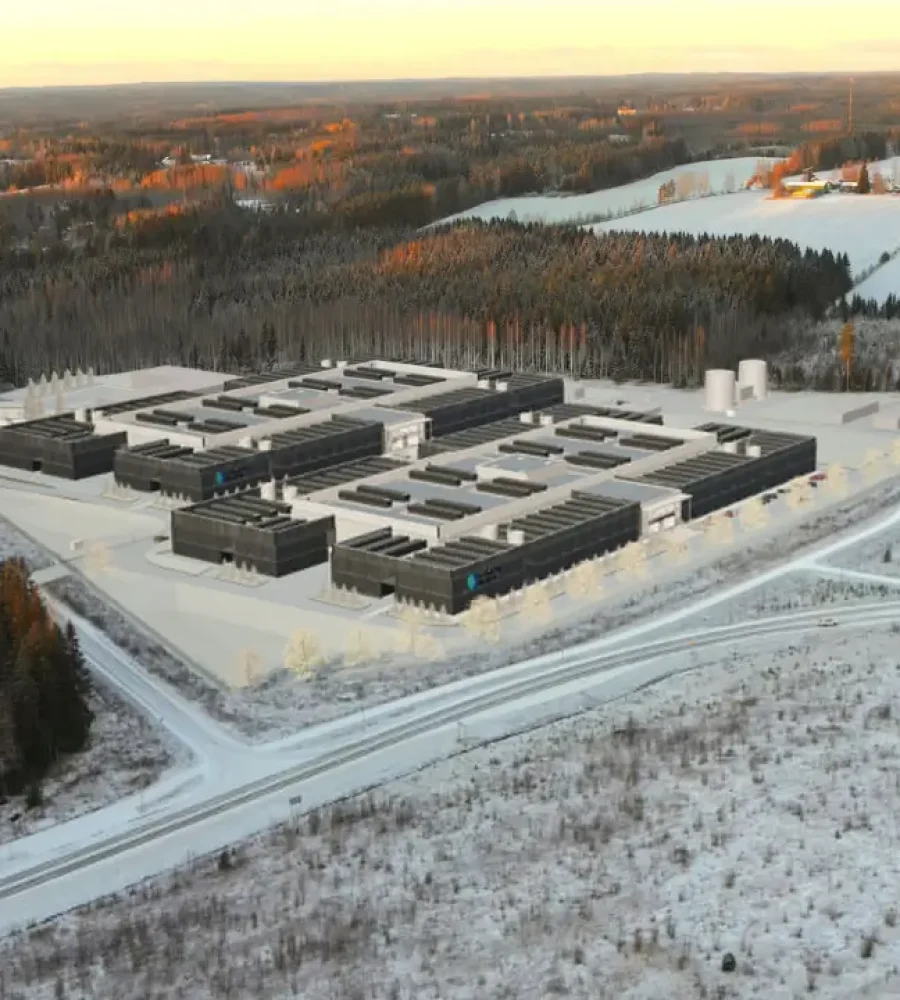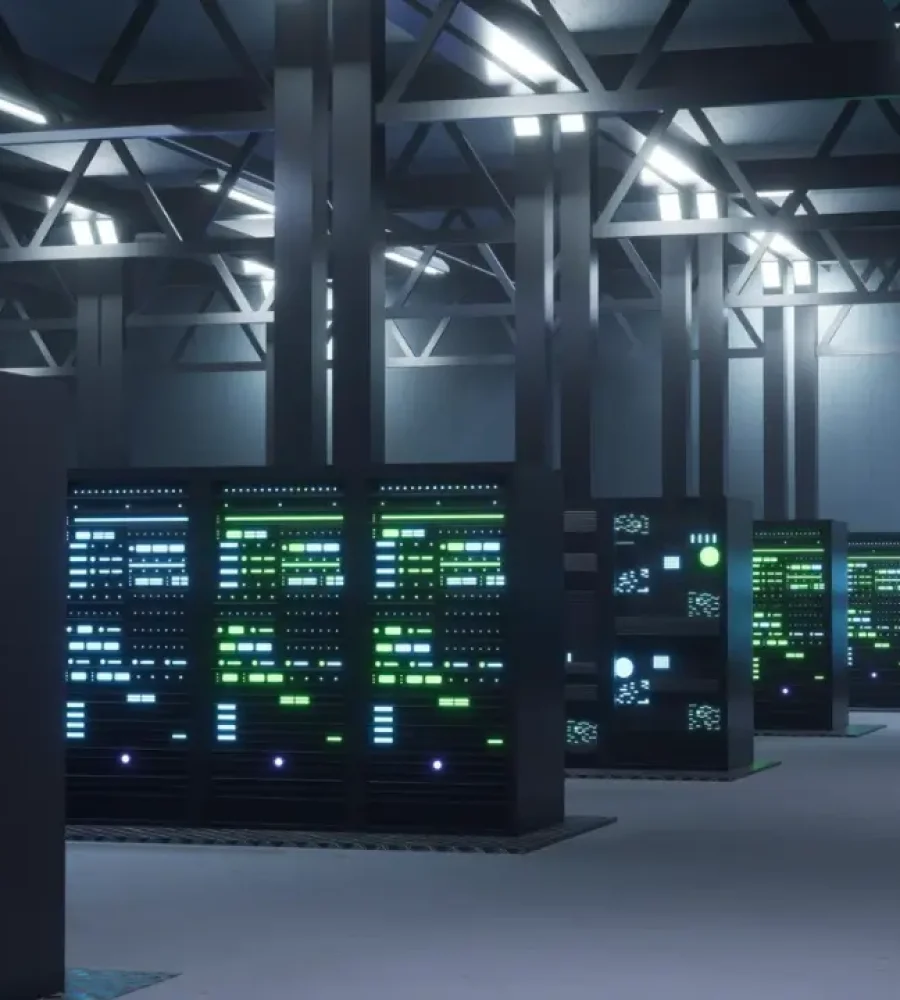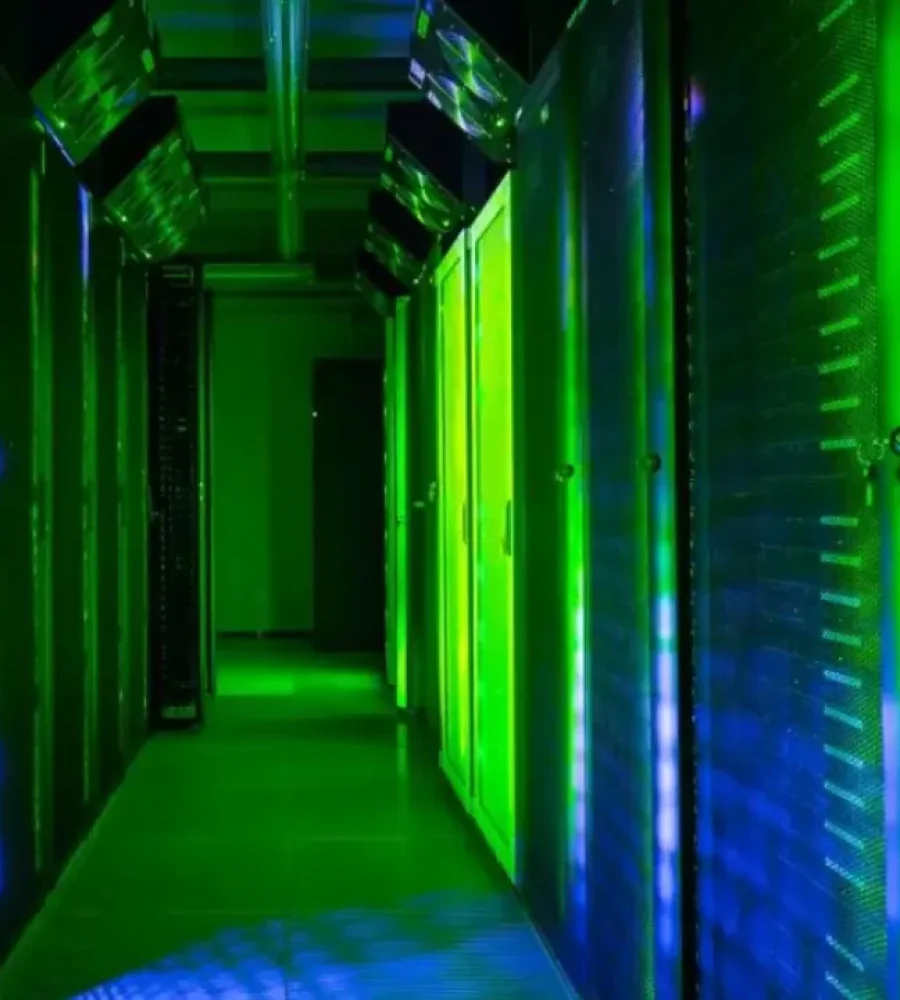Tidal NRG, LLC and Innov8 Gases Corp announced a definitive agreement to co-develop proprietary helium-based cooling solutions tailored for artificial intelligence (AI) and high-performance computing (HPC) data centers. This partnership combines Innov8’s extensive helium resources with Tidal’s expertise in AI infrastructure to tackle one of the most urgent challenges in modern computing – thermal management.
Under the agreement, both companies will co-develop intellectual property (IP) focused on next-generation cooling technologies. Tidal NRG will also enter into a long-term helium offtake agreement and make a minority equity investment in Innov8 Gases, aligning both companies for scalable deployment.
Breakthrough in Cooling Performance
The new systems will address the extreme heat generated by AI model training and data-intensive workloads. Helium’s high thermal conductivity, low viscosity, and inert properties offer major performance advantages over traditional media like water or chilled air – delivering greater energy efficiency and long-term sustainability.
“This marks a major advancement in sustainable digital infrastructure,” said Chad Swensen, CEO of Tidal NRG. “Helium allows us to improve cooling efficiency while eliminating environmental tradeoffs that threaten the scalability of AI computing.”
Alan Gaines, Executive Chairman and co-founder of Innov8 Gases, added, “AI’s exponential growth demands transformative solutions. This partnership positions us to lead a new era in data center thermal management.”
Key Advantages
AI-Ready Design: Optimized for hyperscale and high-density workloads.
Water-Free Operation: Fully eliminates cooling-related water use – a growing concern for regulators and communities.
Co-Owned IP: Innovations developed will be shared equally by both companies.
Environmental Impact: Targets significant reductions in power and resource consumption.
The global data center cooling market is expected to surpass $30 billion by 2028, driven by AI adoption. However, traditional cooling methods – especially those reliant on water – are facing mounting criticism. A 100MW data center can consume over 2 million liters of water per day, and companies like Google used more than 8 billion gallons in 2024 alone.
This level of resource demand has led to public pushback, stricter regulation, and delays or cancellations of more than $60 billion in U.S. data center projects. Helium-based cooling offers a path forward that avoids these bottlenecks while enhancing system performance and environmental responsibility.


